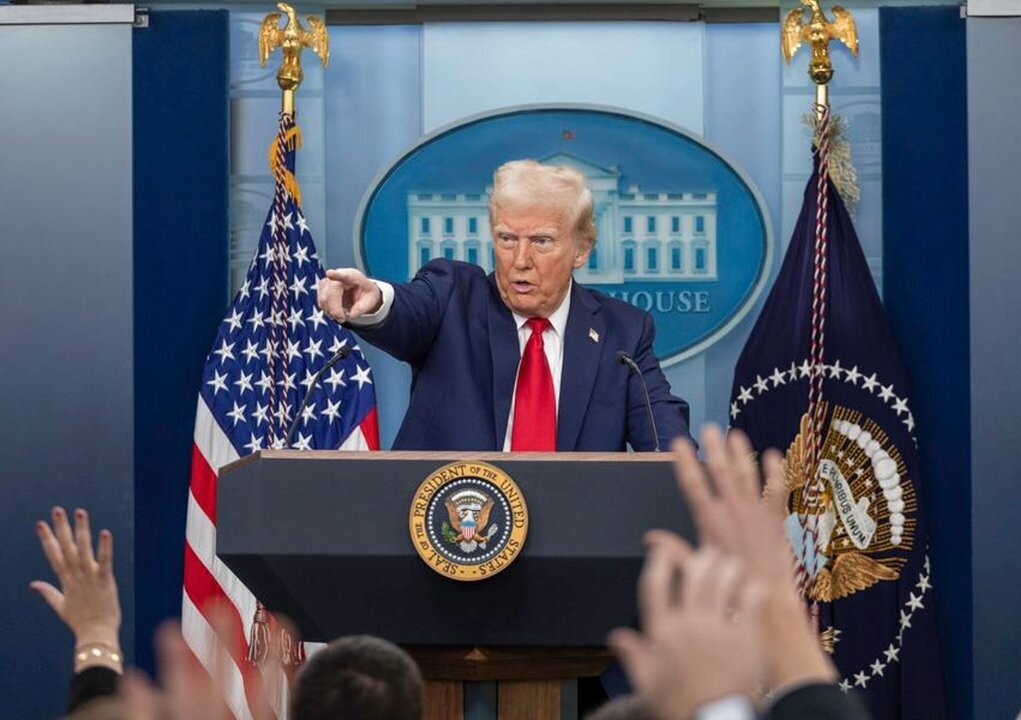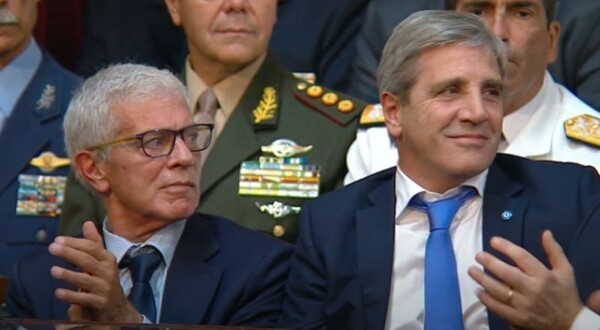
The President of the United States, Donald Trump, has decided to impose tariffs on imports in order to boost local production. However, this measure could affect markets and jeopardize Argentina's growth projections for this year. The possibility of reaching a free trade agreement between Argentina and the United States seems unlikely in the short term, which worries local businesspeople.
According to Argentine business leaders, the intention to expand trade agreements to increase exports is correct, but they face significant challenges, such as the need for parliamentary approval and changes in Mercosur, which could be hindered by Brazil. Although Argentina has about 20 free trade agreements, the comparison with Chile, which has more than 700 agreements, highlights the need to broaden trade relations.
Argentine agro-industrial exports to the United States amount to around US$ 2 billion annually and are very diverse, including key products for regional economies, such as citrus. However, the potential global recession generated by Trump's tariff policies and China's retaliation against U.S. imports could further complicate the economic situation.
The trade war unleashed by Trump, which has imposed tariffs on countries such as Mexico, Canada, and China, as well as on Argentine products, presents a complex scenario for global economic growth. While Argentina seeks to strengthen its international trade relations, tensions between the United States and China could hinder these efforts.
In response to the tariffs imposed by Washington, China announced additional tariffs on American food products, reflecting the escalation of trade tensions between the two powers. This situation contrasts with the Argentine administration's trade liberalization goals, led by Milei, and poses additional challenges for the country's economy.














